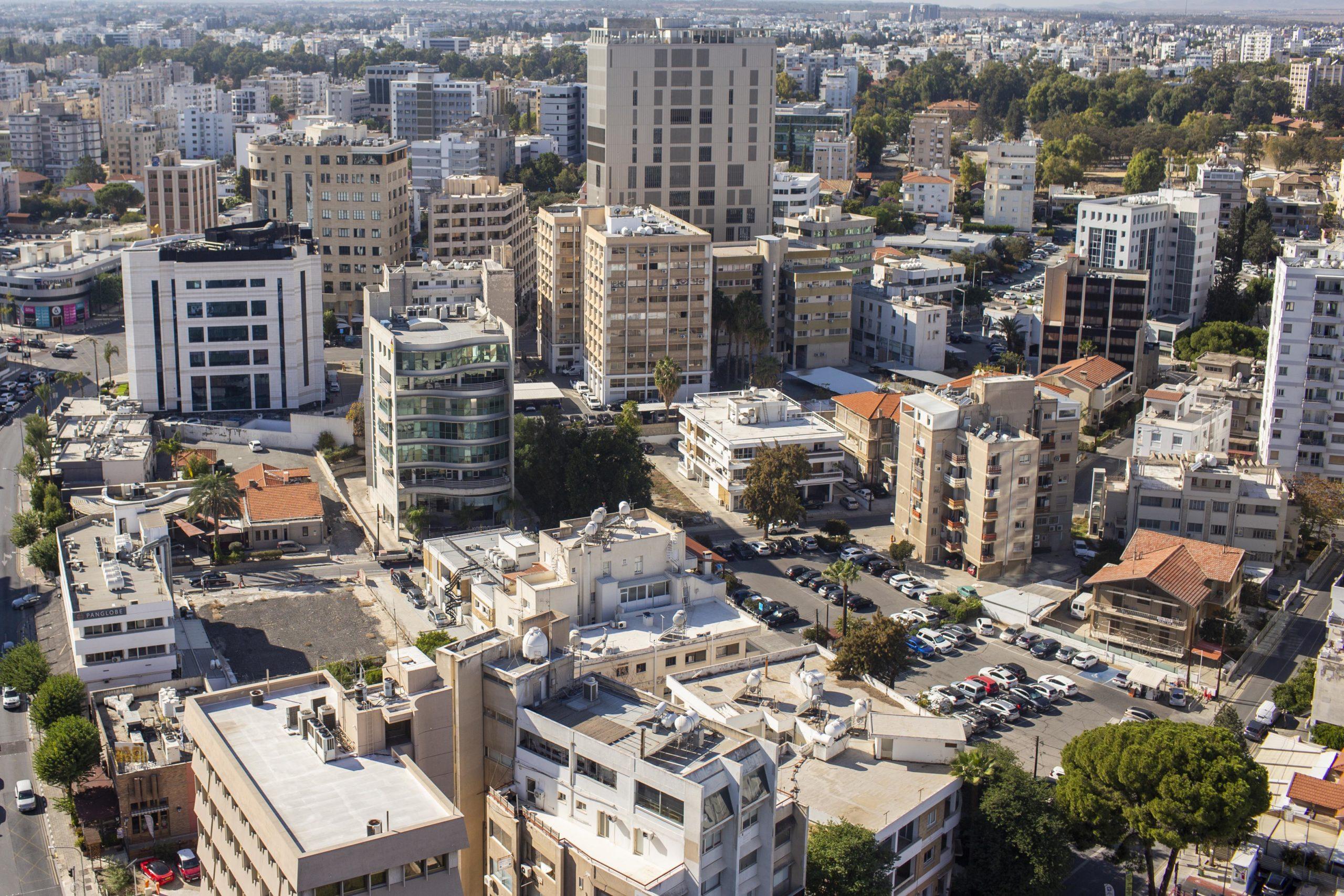The issue of controlling land purchases by foreigners is becoming increasingly urgent in Cyprus. Under current law, third-country nationals can purchase land by simply submitting a deed of transfer of ownership to the district land registry. No confirmation of the sales agreement or prior permission from the mayor is necessary. Essentially, registering the transfer in the land registry grants the new owner full rights to dispose of the property.
This legal conflict was discussed in Parliament after Nicos Georgiou, a member of Parliament from the free district of Famagusta, requested it. On August 8, the Ministry of the Interior responded that transfer deeds are equivalent to sales contracts and registration in the land registry does not depend on the consent of local authorities.
While the Ministry of the Interior acknowledges the problem, it is slow to act.
District land authorities are actually required to accept documents from third-country nationals, even without the mayor's permission. This allows foreigners to acquire property in circumvention of existing rules and limits. Previously, municipal heads had the power to control such transactions, but cadastral authorities continue to register property transfers without their involvement.
Minister of the Interior Konstantinos Ioannou confirmed that the legal framework is outdated and needs updating. New legislative amendments are currently being drafted in conjunction with the state legal service, but no specific date has been set for their implementation.

Risks for the market and concerns of experts
Lawyers and economists note that this situation poses risks to the national economy and land market in Cyprus. Third-country nationals can exploit loopholes in the law to purchase large tracts of land, including plots in tourist areas and coastal zones. It is not uncommon for land to be registered not to individuals, but to legal companies, which complicates control and makes the process virtually uncontrollable.
Analysts warn that, as interest in Cypriot real estate grows among investors in the Middle East and Asia, strategic land could end up in the hands of foreign entities. This raises economic and national security concerns.
When can we expect reforms?
The Minister of the Interior emphasized that the new legislative framework should return control to the state. The authorities plan to tighten the rules on land acquisition by foreigners, including the introduction of mandatory local mayor approval of transactions and possible limits. However, agreeing on and implementing changes takes time, so for now, the market remains open to uncontrolled transactions.
